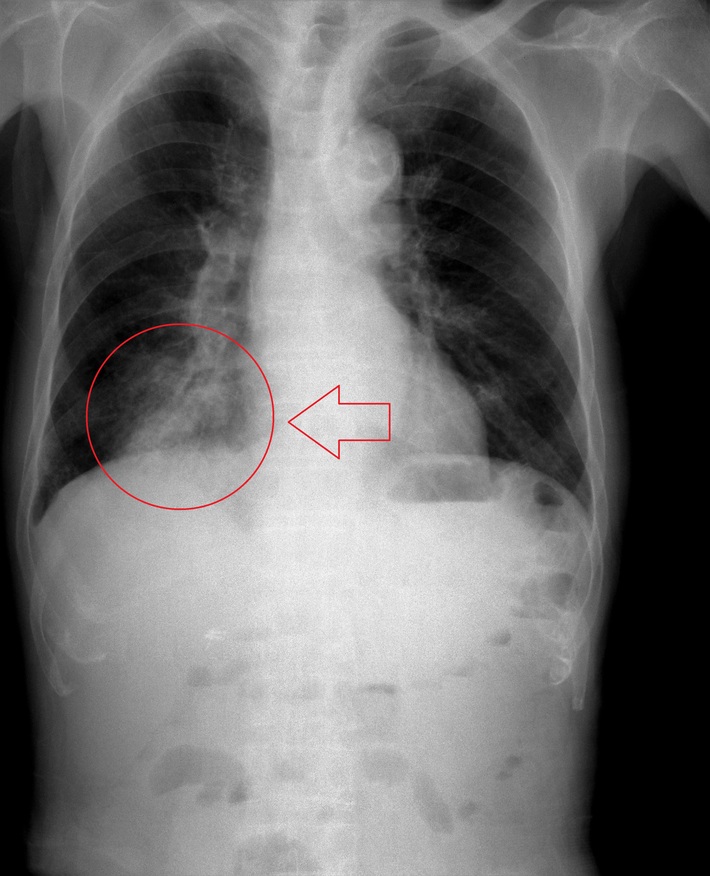Is Artificial Intelligence (AI) a viable solution to the COVID-19 testing crisis?
This has been a major question buzzing in the minds of healthcare leaders as they scramble to come up with solutions to the short-supply of the conventional tests. Some researchers believe that it’s possible to develop a specialized method to detect specific markers of the virus via AI. However, COVID-19-detecting algorithms are based on data from only dozens or hundreds of patients, whereas a fully effective and functional algorithm requires thousands of patient scans.
Recently written algorithms were developed using scans of infected Chinese patients who displayed severe symptoms. Yet, skeptics are wondering if the U.S. healthcare system can rely on algorithms that were created using patients who come from drastically different socioeconomic and environmental backgrounds. They also debate the efficacy of the algorithm in diagnosing less symptomatic patients since it was trained using scans of the extremely sick.
Ella Kazerooni, MD, a radiologist at the University of Michigan Medical Center, believes that we can’t rely on AI to determine the difference between COVID-19 and other respiratory illnesses. “I’ve looked at the work around AI and COVID, and I’m not a big fan,” she told STATNews. “When you’re just comparing normal and abnormal scans and nothing in between. It’s not very helpful.” The American College of Radiology and the Radiological Society of North America agree that medical imaging shouldn’t be prioritized in testing for the virus, arguing that the infection can be contracted through equipment use.
Yet, some high tech medical imaging companies are trying to prove naysayers wrong. RADLogics, a developer of an algorithm that analyzes CT images to detect coronavirus and also “scores” the progression of the infection, claims that their program has been used on hundreds of cases in 10 hospitals throughout China and Russia. According to STATNews, they have applied for emergency authorization from the Food and Drug Administration to use the software in the U.S.
All of this push to use CT scan-based algorithms to detect coronavirus comes as global use of CT is at an all-time low. According to Aidoc, an AI imaging company with 300 clients around the world, European sites have decreased CT scan use by 39 percent and the U.S. has reduced use by 20 percent.








